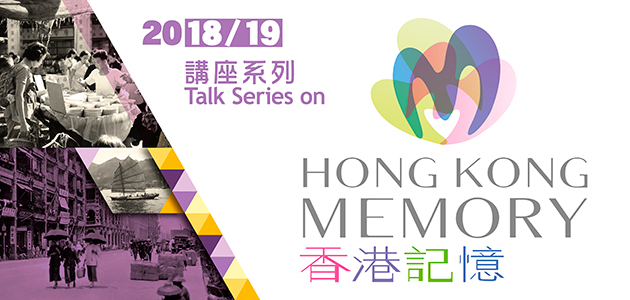All Events
- Highlighted Programmes
- All Events
- Events at Hong Kong Central Library
- Hong Kong Reading Week
- Summer Library Festival
- Reading Activities
- Literary Activities
- Awards / Competitions
-
Talks / Workshops
- Talk Series on "Hong Kong Memories: Rediscovering Hong Kong's History and Culture"
- Subject Talk Series on Life & Death Education
- Philosophy Talk
- Subject Talks on Cosmopolitan Hong Kong
- “Integrating Past with Present: The Journey of Tung Wah’s Intangible Heritage through Time” Subject Talks
- “Centred on People: Specialist Healthcare Services and Everyday Life” Subject Talks
- “Keeping up with the Times: Mapping the Development of Hong Kong’s Healthcare Services through the Archives” Subject Talks
- Subject Talk Series on History and Culture of Hong Kong
- Lecture Series on Chinese Classics and Their Contemporary Resonances
- Other Talks and Workshops
- IT Activities
- Storytelling for Children
- Exhibitions
-
Hot Topics
- Storytelling for Children (Cantonese)
- Storytelling for Children
- Activities in the Chinese Culture Promotion Series
- Talk on Chinese Classics
- Storytelling for Children (Cantonese)
- Storytelling for Children (English)
- Other Exhibitions
- 4.23 World Book Day
- Thematic Storytelling Workshops
- Other Talks / Workshops
Subject Talk on Hong Kong Memory in 2018/19
No results were found for your search request.


